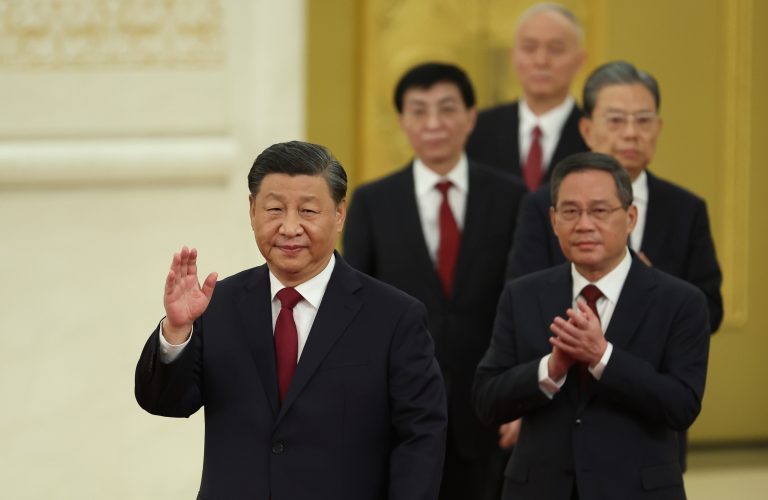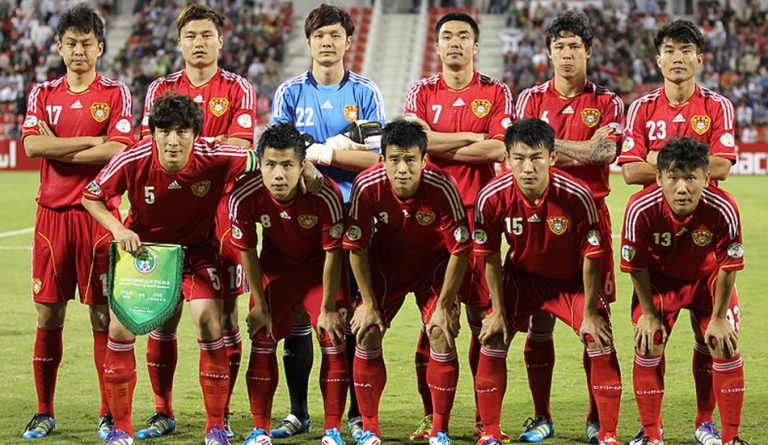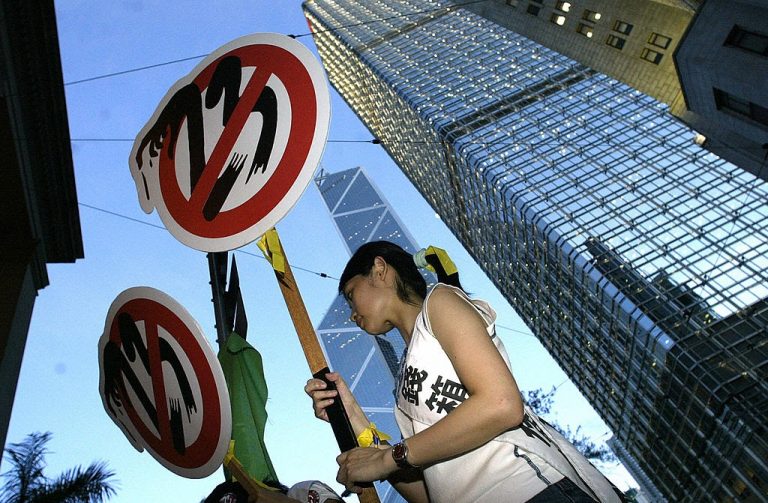News analysis
The Chinese Communist Party (CCP) concluded its 20th National Congress on Saturday, Oct. 22. General Secretary Xi Jinping took a norm-breaking third term as the Party’s head, and elevated many of his allies to the new Central Committee, which held its inaugural plenary session the next day.
According to observers, the Congress positions Xi for greater control in the regime, which he has often struggled to reliably assert authority over since first taking office in 2012 at the 18th Party Congress.
Apart from giving himself another five years as general secretary, Xi also gained many allies or trusted cadres on the 25-member Politburo and its powerful Standing Committee.
But despite stacking the Central Committee with his appointments, Xi’s total political dominance appears to be checked by the presence of several top officials associated with retired Party elders who retain outsized influence behind closed doors.
Success
You are now signed up for our newsletter
Success
Check your email to complete sign up
Moreover, the 69-year-old leader and his country face unprecedented difficulties going into the next five years, with China’s economy straining under heavy unemployment, an imploding real estate market, and crushing “zero-COVID” lockdowns.
Pressures at home and abroad
Speaking on Oct. 16 at the beginning of the Congress, Xi used the word “security” 93 times, while calling upon the Party and country to “persevere” through hardships with 169 mentions of the word throughout his two-hour address. “Marx” featured 28 times, typical for such speeches.
In a high-profile incident that highlighted popular anger at the CCP’s repressive leadership, on Oct. 13, a demonstrator Peng Lifa lit a smoke bomb and unfurled a banner on Beijing’s Sitong Overpass calling for Xi’s removal and democratic elections for the leadership. Peng was quickly arrested but his protest was widely lauded by dissidents both in China and abroad.
Beijing’s policies have led to increasing feelings of hopelessness and “involution” as people struggle to improve their livelihoods even through hard work — more young Chinese are opting out of marriage and parenthood, and those with the financial means are trying to escape the country.
Even the weather seemed to disapprove of the Party’s rule, with a heatwave sweeping across China and droughts so severe that parts of the Yangtze, China’s longest and most important river, dried up to reveal flopping fish and cracked soil. Despite state propaganda to the country, there are many signs that China’s food supply is under heavy strain, with poor harvests affecting the country’s breadbaskets.
On the international front, the People’s Republic of China (PRC) also faces growing resistance as the U.S. and its allies form a united front on issues like Taiwan, call out Beijing’s authoritarian system, and levy sanctions on Party officials for human rights abuses against ethnic minorities, democracy activists, and other persecuted groups.
The Kremlin’s invasion of Ukraine this February and the subsequent wave of Western sanctions placed Xi in an awkward spot given China’s vocal declarations of “strategic partnership” with Moscow. Western officials like U.S. Secretary of State Antony Blinken have expressed disapproval of the Russia-China friendship, and do not shy from naming Xi as playing a major role in it.
Indeed, elite criticism singling out Xi’s rule comes from quarters both Western and Chinese — in early 2021, the Atlantic Council think tank published its “Longer Telegram” — a strategy advocating the removal of Xi Jinping as the most effective approach for taking on the ideological and geopolitical threat from Communist China.
Western media coverage of the CCP’s ills tend to spotlight the recent dictatorial abuses under Xi, contrasting his tenure unfavorably with the period of “reform” and “collective leadership” — during which China’s lucrative economic engagements with the West papered over the human rights violations and authoritarian expansions occurring in that era.
Xi in charge, but ‘tigers and flies’ remain at large
Meanwhile, notable Chinese-language criticisms stand out as the likely product of factional struggle between the Xi leadership and a deeply rooted political network centered on former CCP General Secretary Jiang Zemin, who was in de facto control of the PRC from the late 1990s to 2012.
A lengthy article published this January on a CCP regime-linked overseas Chinese forum delivered an “objective appraisal” that, according to political risk consultancy SinoInsider, charged Xi with “virtually every single negative trope” about his track record.
The article also praised the accomplishments of Jiang, who, along with the deposed former Politburo member Bo Xilai, is lauded as “charismatic.”
According to SinoInsider, the article’s publication and other sporadic shows of “anti-Xi, not anti-CCP” messaging appear to broadcast the aims of the Jiang faction and others in the regime who oppose Xi’s leadership.
Xi himself has carried on with a decade-long anti-corruption campaign disproportionately targeting current and former officials associated with the Jiang faction. The purges began with the fall of Bo, the fan of Cultural Revolution-style campaigns to “sing red songs and beat the black” (i.e. wealthy capitalists, the traditional enemy of the CCP) who was once seen as a contender for Party boss before being embroiled in a dramatic scandal that saw him arrested and sentenced to life.
The anti-corruption campaign has seen the disciplining, dismissal, or outright downfall of hundreds of “tigers” — senior cadres, including Bo and high-ranking security or military officers such as Zhou Yongkang and Xu Caihou — as well as millions of “flies” — rank-and-file functionaries accused of abusing their positions to enjoy ill-begotten wealth or favors.
SinoInsider believes that while Xi has been able to secure more control over the Party, prominent Jiang factionalists remain in positions of influence, notably Standing Committee members Wang Huning, the Party ideologue who served three generations of leaders, and Zhao Leji, the former head of party discipline.
Jiang Zemin himself is 96 years old and appears wheelchair-bound. But powerful officials belonging to the faction where he is an important figurehead, such as former Chinese vice president Zeng Qinghong and Zhou Qiang, chairman of the Supreme People’s Court, have yet to be directly affected by Xi’s purges.














